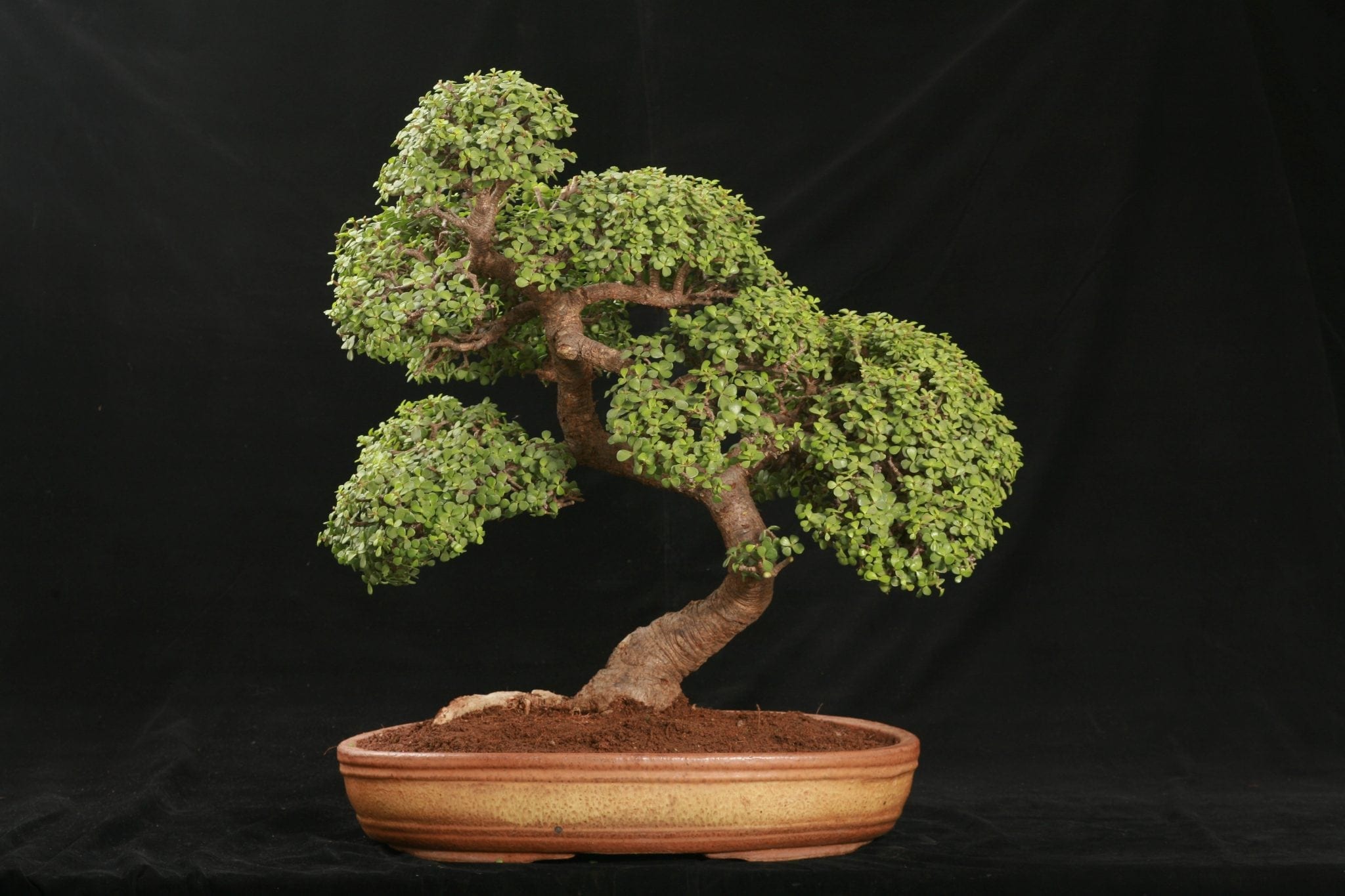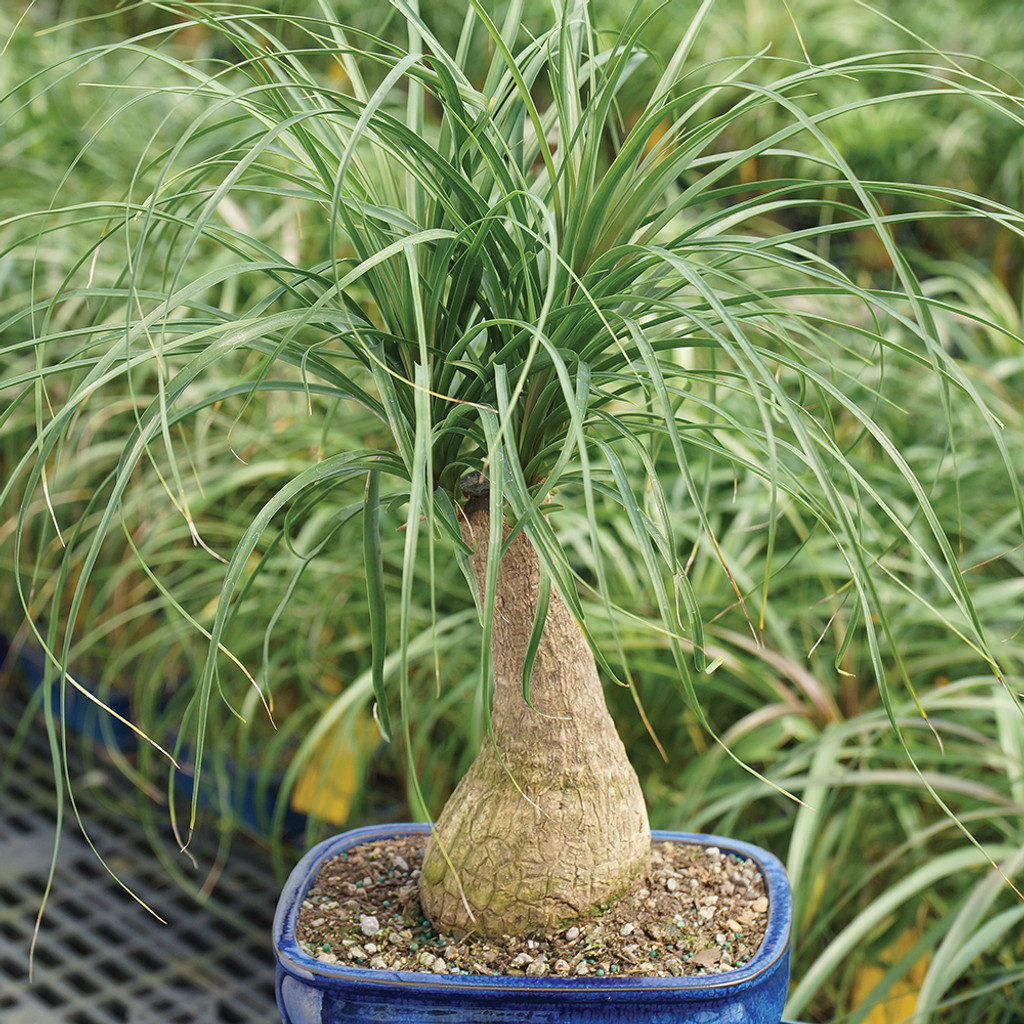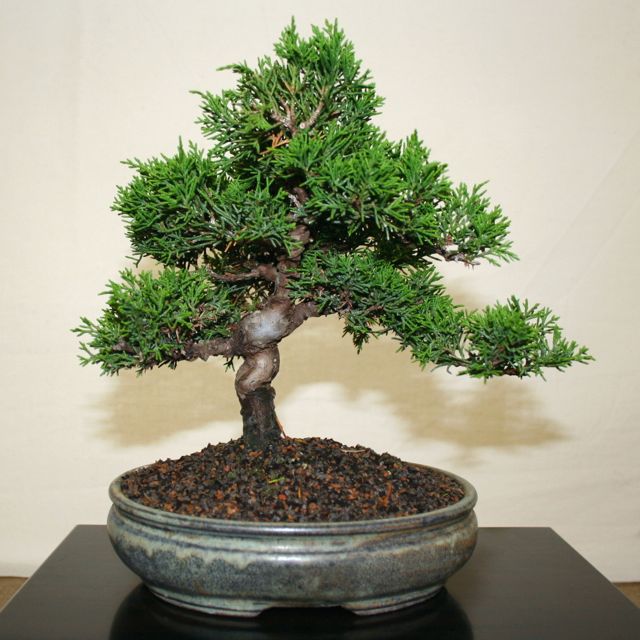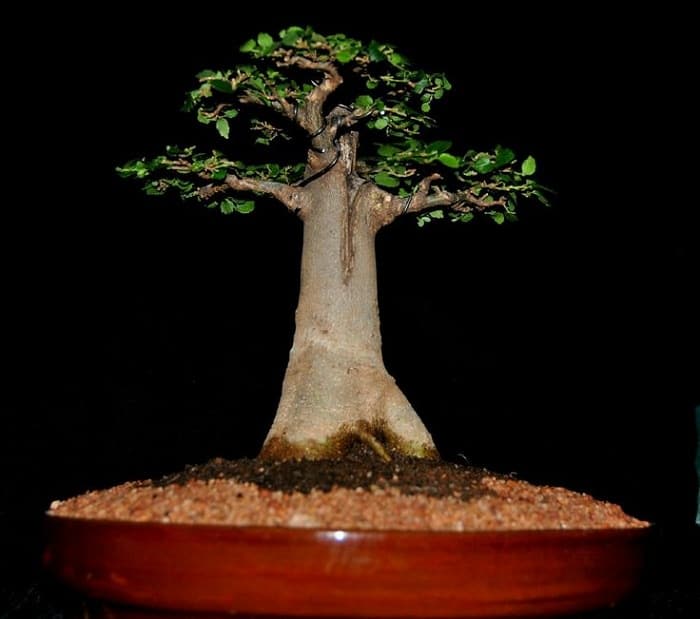Therefore, keeping them indoors will only kill the plant. Juniper bonsai trees are beautiful trees that can only be grown outdoors.

B1JUNpinching2 Bonsai tree, Bonsai care, Bonsai tree care
It is best to water the plant well, allowing for proper drainage, and then allow the soil to become dry before watering again.

Indoor juniper bonsai tree care. Very old trees can be repotted at longer intervals. As cute as they are, bonsais don’t always make the best indoor house plants. You have to grow your juniper bonsai tree where it will be receiving more than 4 hours of sunlight every day, and use a soil that tends to become dry.
During the spring, summer, and fall, keep your juniper bonsai outdoors. Continue reading about repotting bonsai trees. In the spring, its normal color will return.
But, that doesn’t mean you shouldn’t grow them! Therefore, your bonsai must be maintained in a cool/cold environment during the winter season. As a guide, around thanksgiving day it is time to prepare your bonsai for its winter dormancy period which should last approximately three (3) months.
Repot the juniper bonsai tree once every two years using a basic, or slightly more draining soil mixture. These trees are pretty particular about their water intake. Lots of factors can result in death, including light, soil, and lack of water.
If your tree turns purplish brown in the winter, this is normal. In fact, most bonsai trees should be placed outside, where they are exposed to. It is best to make sure that your tree receives morning sunlight as early as possible.
Juniper bonsai tree general care junipers like lots of light but not direct sun during hot summer months (though it can handle some). The juniper bonsai can be found in various countries across the world. Whether your bonsai is indoors or outdoors, this species requires a lot of sunlight to support growth.
If your tree turns purplish brown in the winter, this is normal. Indoor juniper bonsai tree care. If possible, place it outside for a few days a week, so that it is not inside for more than a couple days at a time.
Junipers prefer soil that is slightly dry, but it should not be exposed to prolonged dryness. Junipers aren’t an easy tree to keep indoors. Juniper’s need lots of light during the summer, and cold temperatures above 15 degrees fahrenheit in the winter.
However, with these simple tips you’ll be able to better care for your indoor bonsai collection. The juniper cannot live indoors. My new juniper bonsai tree.
Without a dormancy period, these trees will die. How to care for bonsai trees indoors. They need to stay outdoors instead all year long to get the best results.
Indoor bonsai tree care caring for an indoor bonsai is different from that of normal potted house plants. Place a tray of water under the plant’s container, and. The ideal indoor winter environment for japanese juniper includes moist air or frequent misting.
While some trees are able to survive indoors or outdoors, junipers are not. Covering the whole tree in a fine layer of water will prevent large quantities of liquid from making the soil too wet. When the weather is above freezing, it is fine for my tree, but i’m going to have a problem when the weather.
They need to be placed indoors so that they can be exposed to the elements and go into dormancy. I’ve always wanted to have a juniper bonsai, but the problem is that junipers are outdoor trees, and all i have in my apartment is a little balcony outside. Consider growing the tree in a small container and placing it on your balcony or deck, making sure the area has sufficient exposure to direct sunlight.
Bonsai boy indoor bonsai help. I bought a juniper bonsai kit at home depot. Protect these trees from temperatures below 14 degrees fahrenheit.
However, it’s not advisable to grow this plant indoors. Ideally, one of the best ways to water the juniper bonsai tree when growing is to use a mist spray. Whenever you water this bonsai, ensure that the soil is at least slightly dry and do not overwater.
If you wish to keep yours indoors, make sure that it gets at least 4 hours of sunlight per day. Another issue with keeping a bonsai tree indoors is that the tree needs relatively high humidity, much higher than the conditions of your house, especially with heating or air conditioning. Two of the more popular varieties are the chinese juniper bonsai tree and the needle juniper bonsai tree.these are also among the easiest bonsai trees you can ever care for, making it an.
Juniper bonsai trees need to be exposed to all seasons all year round. This will “wake the tree up” at the earliest point, and help encourage more growing time every day. You can increase the humidity near your bonsai tree by placing it on a humidity tray filled with water and by misting your tree a few times a day.
The juniper plants are not suitable to live indoors. If you are a beginner in gardening or a beginner in growing a japanese juniper this guide is perfect for you. With a little planning, a juniper bonsai can be successfully grown indoors.
At least four hours of direct sunlight per day is ideal and will help your juniper bonsai grow strong and healthy. If you are keeping your juniper bonsai tree indoors then you should place it near a window where it will receive sunlight. Growing bonsais indoors can be a bit tricky.
Do not prune the roots too aggressively. Use a commercially available bonsai soil mix for juniper trees for the best results. A common misconception about bonsai trees is that they should be kept indoors.
Specific bonsai care guidelines for the juniper bonsai. A juniper bonsai is a living miniature tree and not a house plant; Consider growing the tree in a small container and placing it on your balcony or deck, making sure the area has sufficient exposure to direct sunlight.
Juniper bonsai should also be shaded from direct midday sunlight; So far, there are over 50 different varieties of juniper bonsai trees that are available today. This is to protect itself from frost.

ponytail palm bonsai tree indoor low light easy care

Bonsai display Indoor bonsai, Bonsai tree, Indoor bonsai

Home Garden and Landscaping Plants Suitable for Bonsai Making

Root over Rock Juniper Bonsai tree types, Pine bonsai










